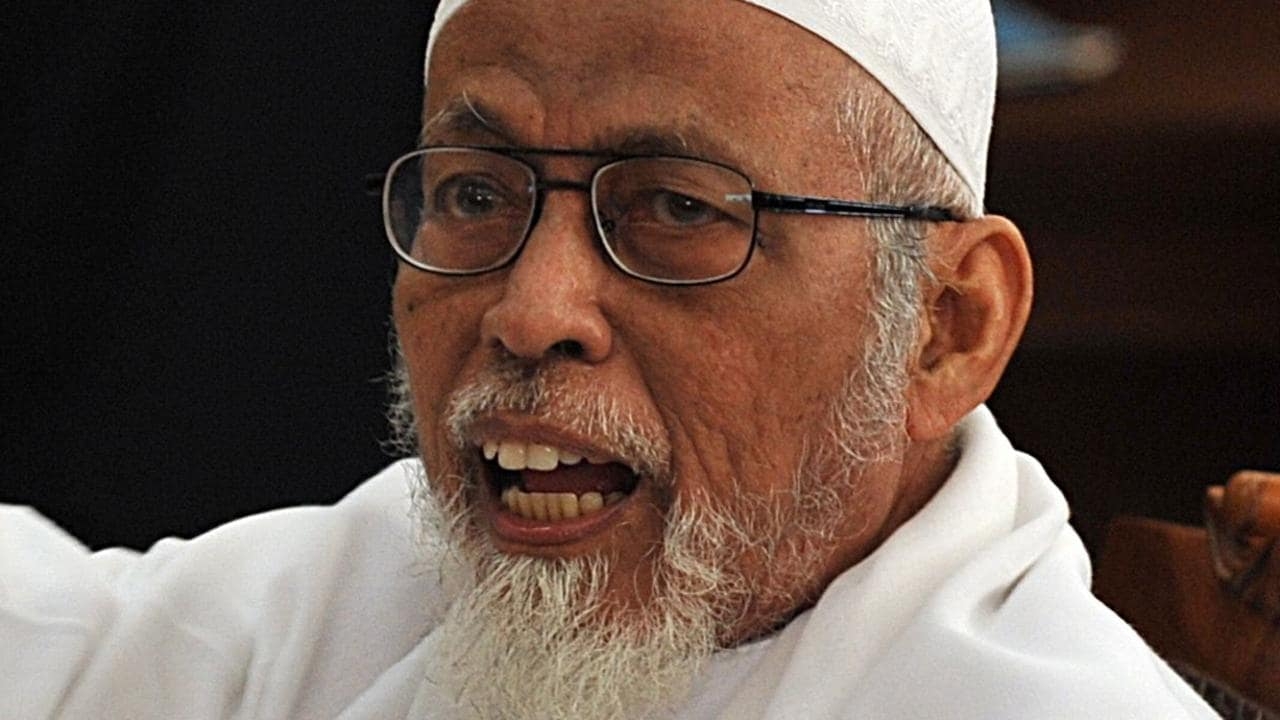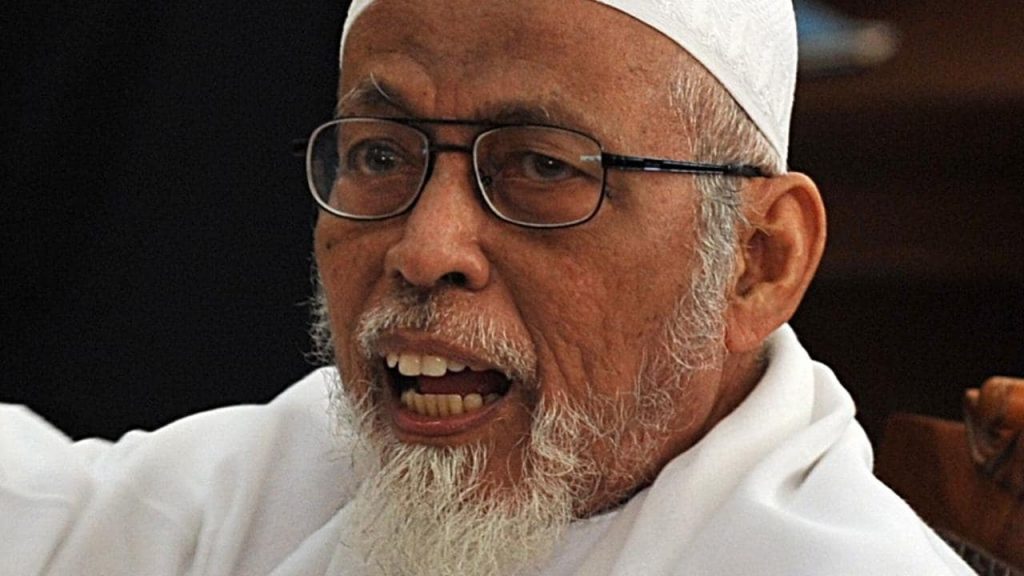Indonesian radical cleric Abu Bakar Ba’asyir has been released from prison 8 years into his initially 15-year-long sentence.
The 82-year-old was imprisoned for supporting terrorism in the country following the discovery of a terrorist military training camp in Aceh Province.
Ba’asyir’s struggles with the Indonesian state have lasted decades. He’s been preaching for the overthrow of the government since the 1970s to establish an Islamic fundamentalist state. This journey has afforded him many infamous affiliations, including stints in support of Al-Qaeda, ISIS, and Jemaah Islamiyyah (JI), and a ‘terrorist’ designation by the UN, USA and many other countries.
Indonesians most often remember Ba’asyir for his leading role in JI when, with Al-Qaeda funding, they carried out the Bali 2002 bombings that killed 202 people. The majority of victims were from Australia and UK. Osama Bin Laden soon after declared the act was retaliation for the so called ‘war on terror’.
Ba’aysir was almost released in 2019 due to ill health and old age but the authorities u-turned after pressure from the Australian government. They have again expressed dismay, with Australian Foreign Minister Marise Payne saying the release would be “deeply distressing to the families and friends of the 88 Australians killed in 2002“.
As recently as 2014 Ba’asyir pledged allegiance to Abu Bakr al-Baghdadi, the former leader of ISIS. His family have said that with the coronavirus pandemic and the cleric’s health flagging, Ba’aysir will be spending his time at home. The continued terrorism by groups he’s distanced himself from has been used as evidence that he no longer directs these activities. Good behaviour whilst imprisoned was also a factor in his release.
Indonesia’s political landscape is extremely diverse and unique. President Widodo balances a huge array of forces, from extremist religious groups to imperial pressure and foreign capital to moderate followers of Islam, who make up the bulk of the country’s population. Indonesia is the world’s largest Muslim-majority country.
Despite the decision that’s aggravated Australia, Widodo’s recent track record shows a tougher stance towards radicalism in Indonesia, a country with a track record of domestic leniency. JI wasn’t declared an illegal organisation until 2008, 6 years after it carried out the Bali bombings.
A recent crackdown on JI and its cells found that over 20,000 fake charity collection boxes have been in operation under the guise of the Abdurrachman bin Auf (ABA) Charity Foundation. It’s been estimated that this has funnelled millions of rupiahs into the organisation.
The Islamic Defenders Front has also recently been shut down for extremism after more than two decades of operations. In previous years they’d received large amounts of state support for anti-communist activities.
President Widodo is no friend of the left, and these decisions are not intended to help Indonesian communists or reject imperial influence. They’re merely essential manoeuvring in a turbulent country.
Indonesia’s future is likely to be full of more twists and turns as political capital is managed between the powers jostling to get a foot in the door.
Mali Kakembo, is a member of the YCL’s Wales district




